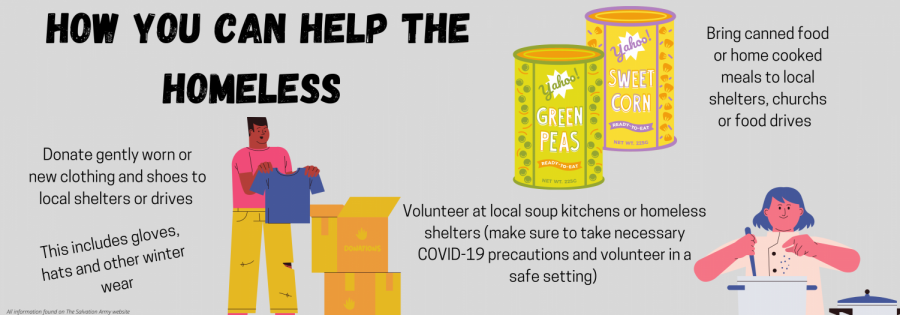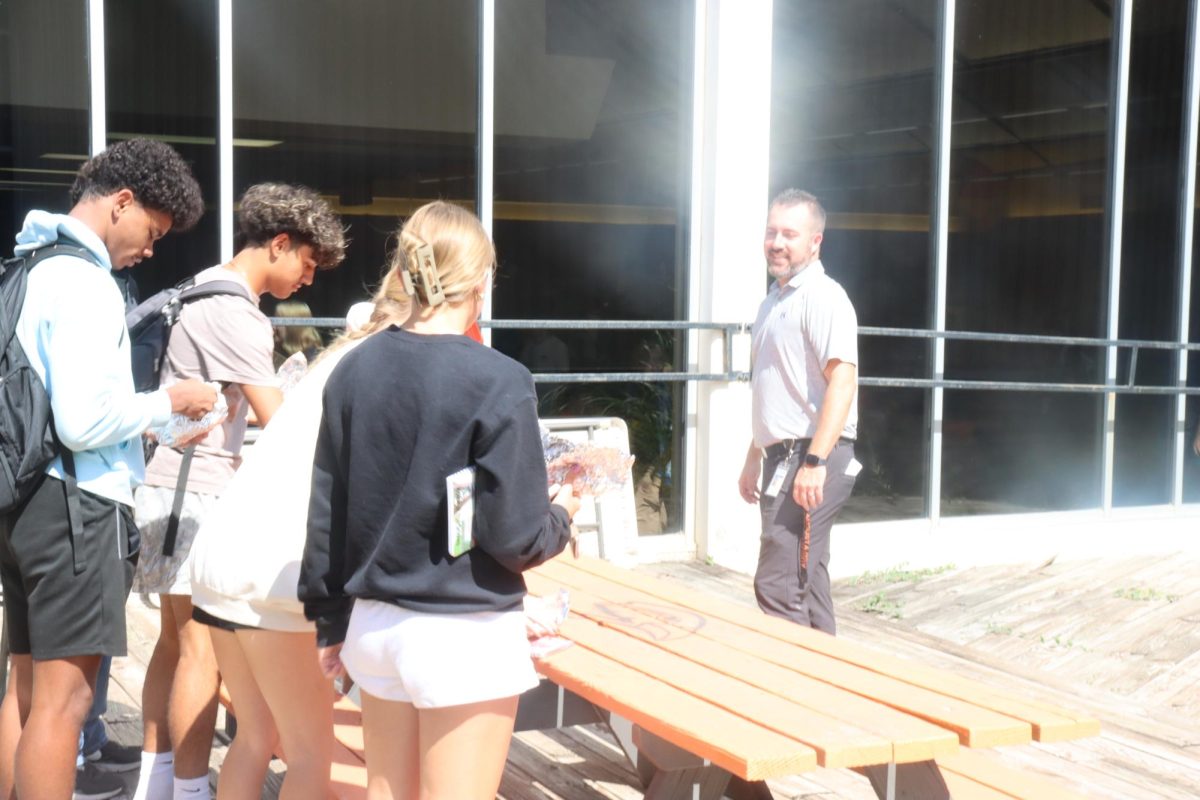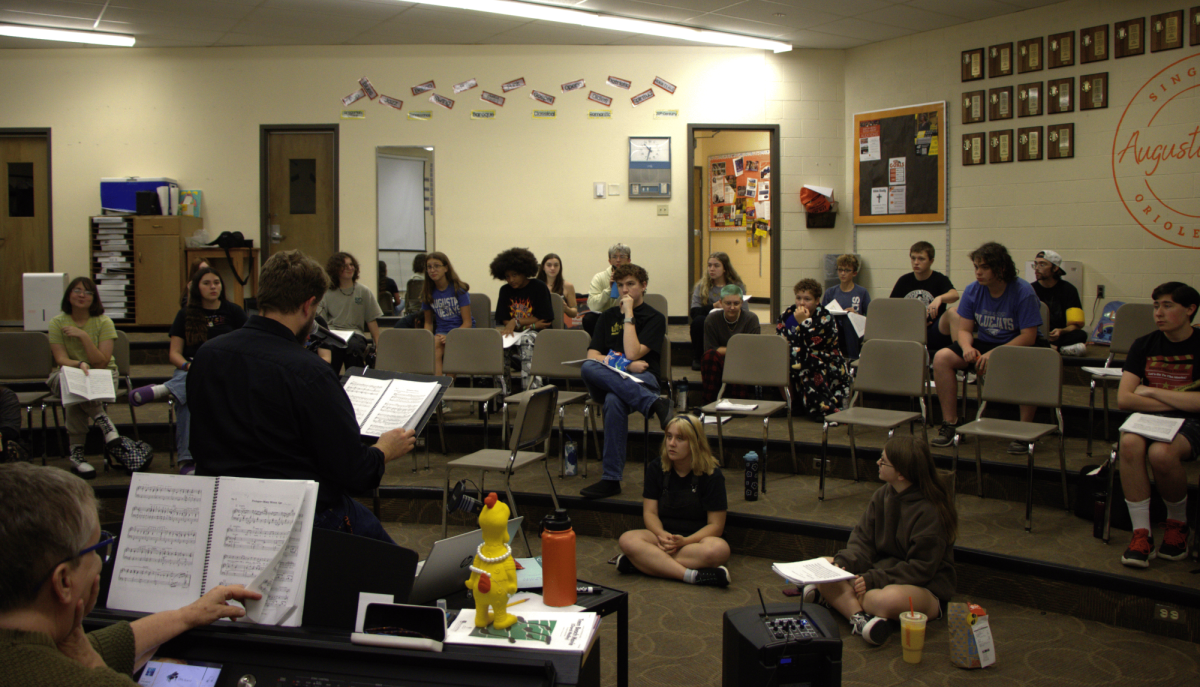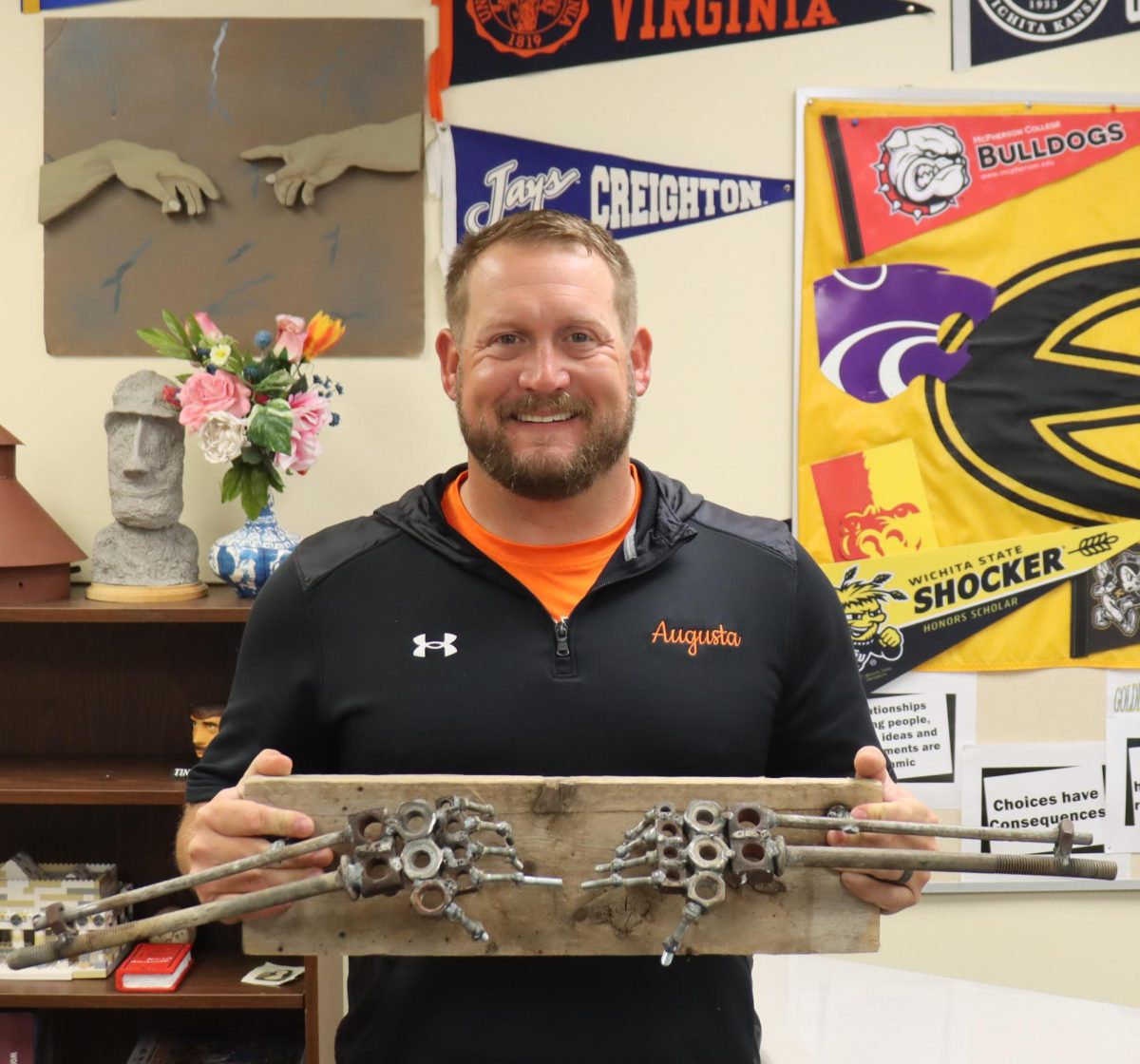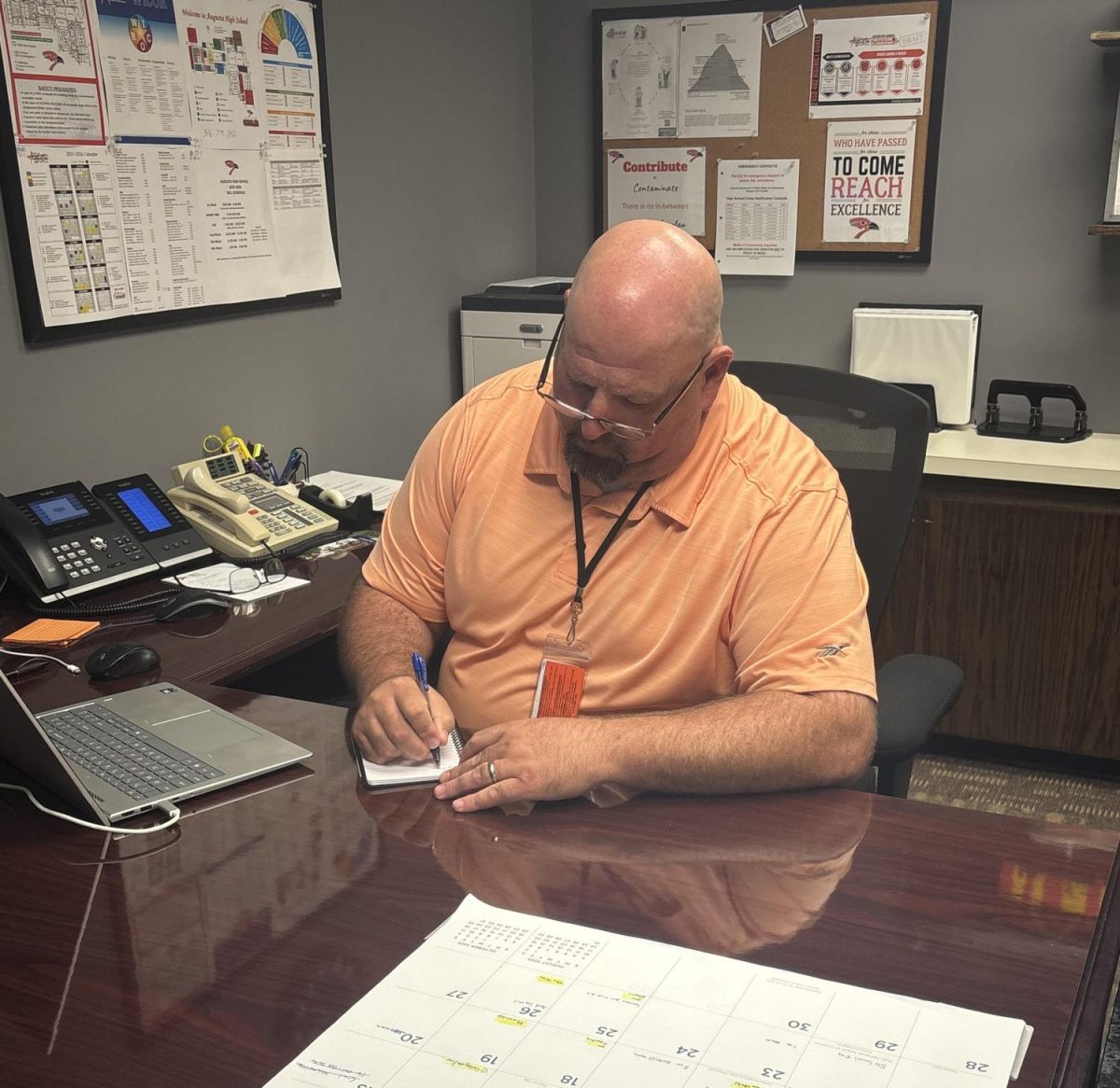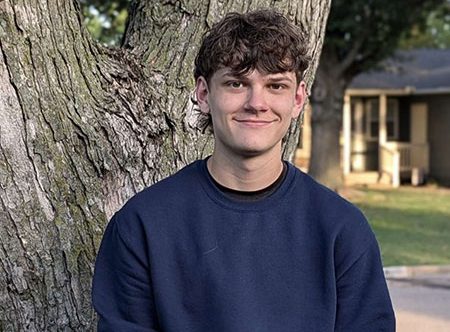As winter rapidly approaches and the temperatures drop, homeless citizens of Wichita, Augusta and neighboring communities endure the cold.
According to the National Health Care for the Homeless Council, 700 people experiencing or at risk of homelessness die from hypothermia annually in the United States. Harsh, cold conditions exist not only in the north but in Kansas as well.
Hypothermia occurs when the body faces prolonged exposure to temperatures under 50°F (NSW.gov), winter days in Kansas regularly grow colder than this. Students can directly help the homeless survive these temperatures.
“Students have organized canned food drives and hygiene supply drives, they have collected gloves/hats and brought home-cooked food,” said Jami Scott, Director of Homeless Services at The Salvation Army.
Another way people can directly help the homeless is through donations to organizations such as The Salvation Army, which provide shelter and other amenities for the homeless and overall a place to escape the cold.
“We provide all the basic needs; food, shelter, hygiene, laundry supplies, diapers, etc. that a family would need while in our program,” said Scott.
According to the United Way of the Plains 2020 Point-In-Time Homeless Count, there are 619 people in the Wichita area (including Augusta) currently homeless. This number (619) has risen by 4.1% since 2019- higher amounts of supplies are therefore needed.
A recent initiative, created by senior Meagan Miller, named the “Oriole Nest,” aims to provide those in need in the Augusta area with clothes and food.
“Students and families in need can contact their school counselors and request items that they need,” Miller said. “I was inspired because I saw how many students and families were in need in Augusta.”
Another initiative exists to help those in need named the “Giving Tree.” Run by the counselors, the district-wide program aims to provide Christmas gifts to those who cannot afford them.
“We can help students and their families that are homeless or low income provide a nice Christmas for their families,” counselor Harmony Davis said.
Both the Giving Tree and Oriole Nest aim to help those in need. Those who want to help can get in touch with local shelters, aid organizations or the AHS counselors for more information.


